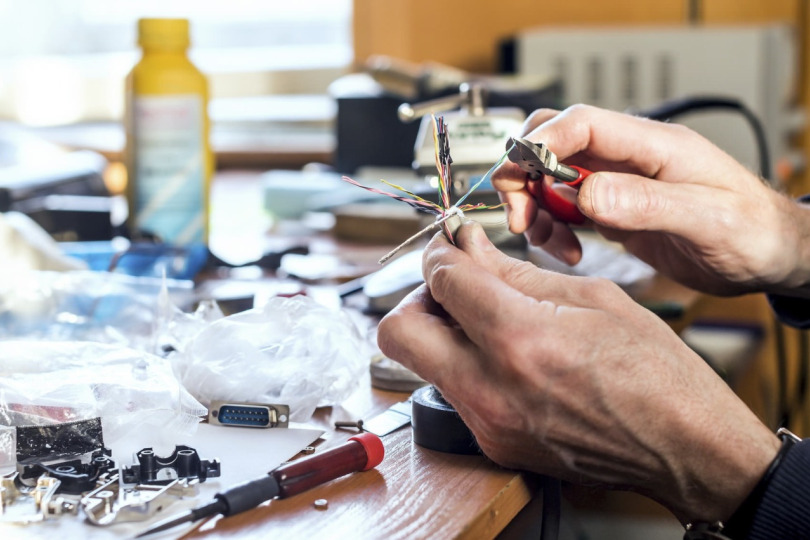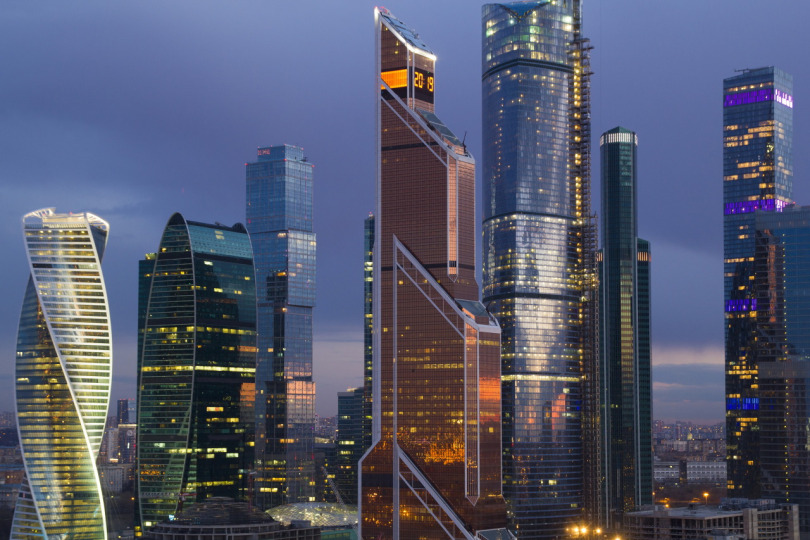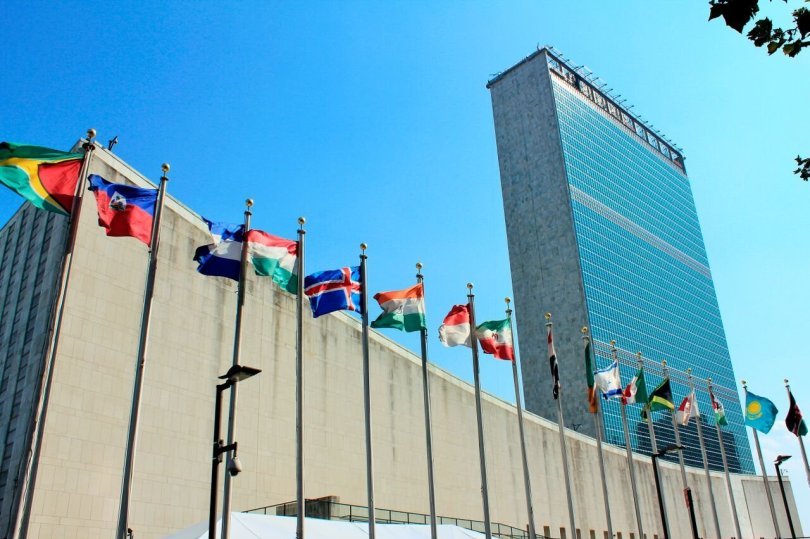
Russian User-Innovators: What and Why
Many Russians practice user innovation by developing their own inventions for use in everyday life, recreation, sports, etc. According to a study by Konstantin Fursov and Thomas Turner conducted as part of the HSE ISSEK Monitoring Survey of Innovative Behaviour of the Population, the estimated share of user-innovators in Russia may be as much as 10%, which is substantially higher than in many other countries.
Educated Russians Smoke Less
In recent years in Russia, female smoking has increased, while the opposite holds true for men; in addition to this, smoking has increased at higher rates among those with lower levels of education compared to more educated Russians.
Ever Fewer Russians View Science as Entirely Positive
This is the conclusion reached by researchers from the HSE’s Institute for Statistical Studies and Economics of Knowledge (ISSEK), based on a survey of people aiming to establish the level of trust members of the general public have in science and technology.
-%D1%8F%D0%BF%D0%BE%D0%BD%D1%86%D1%8B.jpg)
Challenges Faced by Japanese Investors in Russia
Nina Ershova, Research Fellow at HSE Institute for Industrial and Market Studies, examined Japanese companies' experience of investing in Russia. Her paper "Challenges for foreign investors in Russia: the case of Japanese companies" is based on findings from a survey of 32 companies — members of the Japan Business Club in Moscow, conducted between April and June 2015, and content analysis of twenty interviews with Japanese business, academic and NGO representatives conducted between 2008 and 2015.

Russia's Ranking in Global Innovation Index
Russia is 43rd in the Global Innovation Index (GII) 2016, up five positions from its 2015 ranking. Just as last year, Switzerland, Sweden, U.K., U.S. and Finland remain the top-ranking countries in the GII. These are the findings from the GII 2016 report comparing the performance of national innovation systems in 128 economies.
'HSE is the Best Choice for Those Who Want to Carry out Research in Education'
Ivan Smirnov graduated from his master’s programme in Paris and hadn’t really considered coming back to Russia. But that was before he learned about the full-time advanced doctoral programme at HSE. The programme has some unique advantages among Russian programmes, which make it comparable to European PhDs.

Trust in Banks Low, Yet Private Deposits on the Rise
In 2015, Russians’ trust in banks dropped sharply as the country’s economy faced a crisis, yet at the same time, the amount of individual bank deposits paradoxically increased, according to findings from a survey conducted by LSES as part of the "Monitoring Financial Behaviour and Consumer Confidence in Financial Institutions" project (2009-2015).
Researchers from Various Countries to Collaborate on Eradicating Educational Inequality
The HSE Institute of Education has become a founding partner of the Institute for Global Educational Opportunity, an association of universities and research centres that study educational inequality. Representatives from Russia, the U.S., Germany, Israel, Saudi Arabia, and Chili gathered in Washington to reach an agreement on joint annual conferences, publications, and research.

Why Russia is Passive in the WTO Court
In terms of activity in lodging complaints with the WTO Court (the agency through which WTO members resolve their disputes), Russia has not advanced beyond South Africa. The United States and EU countries are currently the leaders in terms of WTO disputes. The low level of activity on Russia’s side is primarily due to its relatively recent membership in the organization.
World Association for Public Opinion Research Conference to Take Place in Russia for the First Time
From September 15 – 17, 2016, the World Association for Public Opinion Research (WAPOR) Regional Conference ‘Survey Research and the Study of Social and Cultural Change’ will take place at HSE.


Registration is open until October 4, 2025